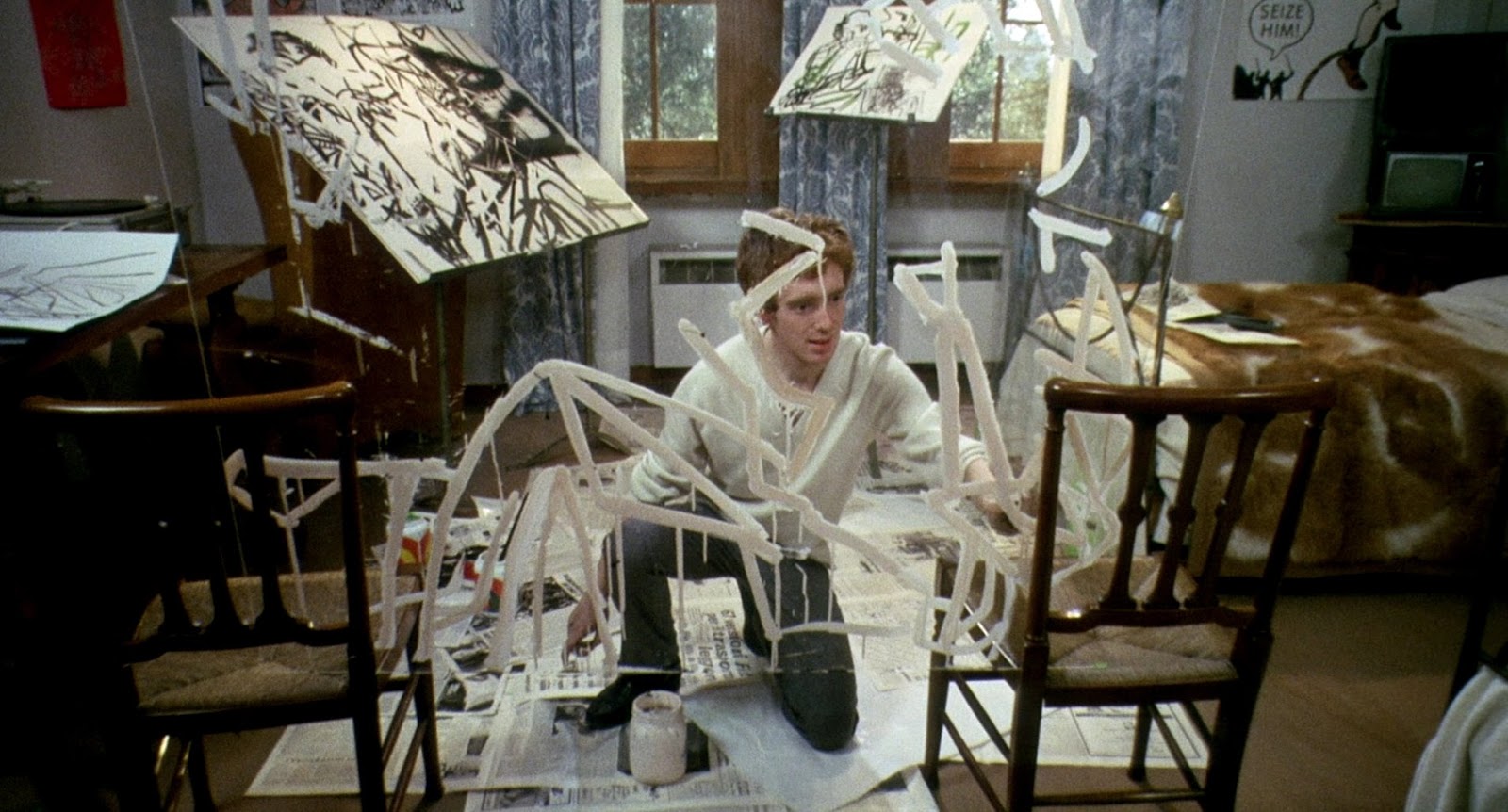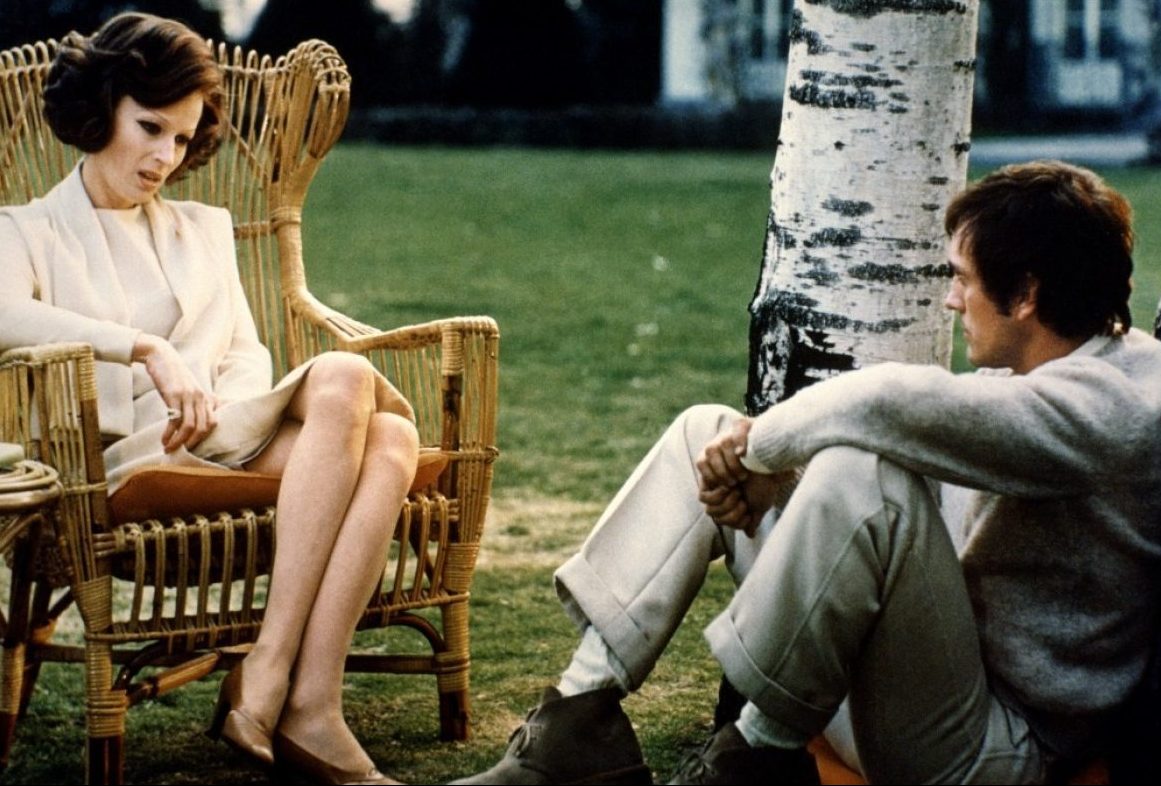Screening of Teorema and The Sequence of the Paper Flower + Roundtable

Screening of Teorema and The Sequence of the Paper Flower + Roundtable
All event information and details can be found on the Cinema Ritrovato site.
ABOUT THE FILMS
Teorema (“Theorem” 1969) directed by Pier Paolo Pasolini
Synopsis
One of the iconoclastic Pier Paolo Pasolini’s most radical provocations finds the auteur moving beyond the poetic, proletarian earthiness that first won him renown and notoriety with a coolly cryptic exploration of bourgeois spiritual emptiness. Terence Stamp stars as the mysterious stranger—perhaps an angel, perhaps a devil—who, one by one, seduces the members of a wealthy Milanese family (including European cinema icons Silvana Mangano, Massimo Girotti, Laura Betti, and Anne Wiazemsky), precipitating an existential crisis in each of their lives. Unfolding nearly wordlessly in a procession of sacred and profane images, this tantalizing metaphysical riddle—blocked from exhibition by the Catholic Church for degeneracy—is at once a blistering Marxist treatise on sex, religion, and art and a primal scream into the void.
The Sequence of the Paper Flower (1969) directed by Pier Paolo Pasolini
Synopsis
This short was Pasolini’s contribution to the anthology film Love and Anger (Amore e rabbia, 1969), which also featured films by Carlo Lizzani, Jean-Luc Godard, Bernardo Bertolucci, and Marco Bellocchio. Riccetto (Ninetto Davoli) walks through the streets of Rome, chatting with passers-by and dancing, a large paper flower in his hands. Images of wars, genocides, social protests, heads of state and revolutionary heroes are superimposed on his carefree walk, while a voice-over - the voice of God - urges him to become aware of the world. When Riccetto does not listen, God punishes him.
DIRECTOR’S BIO
Pier Paolo Pasolini (Bologna, 1922- Ostia, 1975) is one of the major artistic and intellectual figures of the twentieth century. His work as a filmmaker, poet, novelist, playwright, journalist, and cultural critic attained national and international recognition, and continues to elicit debate and controversy. Pasolini attended the University of Bologna, where he studied art history and literature. His first two novels, Ragazzi di Vita (1955; “Hustlers”) and Una Vita Violenta (1959; “A Violent Life”) were realistic depictions of the poverty in Rome during the 1950s. His first film Accattone (1961), intensely influenced by Neorealism, heralded the arrival of a new voice in Italian cinema. His subsequent cinematic work--including Il Vangelo Secondo Matteo (1964; ), Teorema (1968), and Porcile (1969)--combined religious speculation with a radical critique of capitalist society and a daring exploration of sexuality. Openly gay and an avowed Marxist, Pasolini was also an outspoken public intellectual, relentlessly criticising petty bourgeois values and the rise of consumerism in cointemporary Italy. He was murdered in Ostia, at the outskirts of Rome, in circumstances that remain unclear to this day.
Presented in collaboration with UMD's Arts for All initiative, the UMD School of Languages, Literatures and Cultures and the Cineteca of Bologna, Italy.


